PEMT (Phosphatidylethanolamine N-methyltransferase)
Gene description PEMT (also known as MUC1) encodes a protein called mucin 1. This protein helps make up mucus, which lubricates and protects the lining of the airways, digestive system, reproductive system, and other organs and tissues. Mucin 1 is also involved in cell signaling and kidney development (R). Mutations in this gene can cause kidney disease (R). Gene function Catalyzes the three sequential steps of the methylation pathway of phosphatidylcholine biosynthesis, the SAM-dependent methylation of phosphatidylethanolamine (PE) to phosphatidyl monomethylethanolamine (PMME), PMME to phosphatidyl dimethylethanolamine (PDME), and PDME to phosphatidylcholine (PC). Disease association Advanced information The following transcription factors affect gene expression (R): Enzyme Regulation: The first methylation is rate-limiting. Molecular Function: Biological Processes: TIPS: It’s better to have this gene increased most of the time.
Disease
Liver Neoplasms, Experimental
Fatty Liver, Alcoholic
